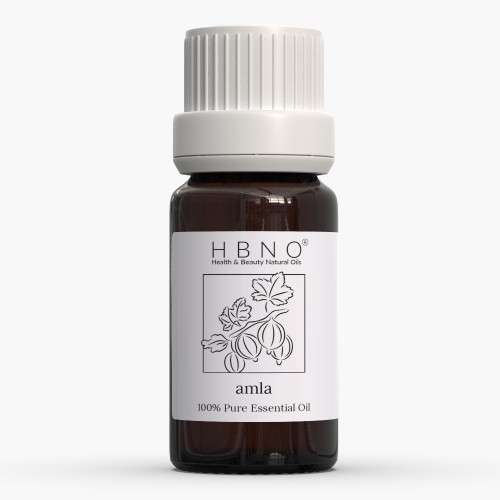
If you would start researching what organic truly means, you would discover numerous debates on this topic. Then, you would feel lost in the process. Don’t panic it’s organic – these products are both healthier and better for the environment.
Today, we are dispelling the 5 most common myths and clarify organics is friendly towards humans, animals, Mother Earth, more affordable to buy, and healthier than most people think.
- Non-organic food treated with pesticides is not that bad.
Let’s get real – pesticides are created with a clear goal, to kill bugs, weeds, even larger animals. Everything we and our pets eat or apply to the skin that contains pesticides gets absorbed by the body. What is even worse, the more of these products you use, the more harmful chemicals, toxins, and other synthetic materials are building up.
One of the most common pesticides, organochlorine, was thought to be safe. However, researches had proved one of the sub-categories of this pesticide was banned back in 1972. This pesticide is one of the longest-lasting as well, which makes it even more harmful.
Now, if we would use common sense, would you believe something containing pesticides would not be that bad? That’s exactly what we thought!
- Organic is the same as locally-grown.
Buying labels such as natural, free-range, or locally-grown is not the same as buying organics. Even though you may get what you think you are getting, most of the time, these labels mean nothing.
Only products certified by USDA, grown and processed in a strict manner, are trustworthy. Products only claiming they are organic, including locally-grown and free-range, without holding a certification, fall out of the “organic” category.
- Organic is expensive.
Believing that conventional food is cheaper than organic is common among people. However, a great deal of population doesn’t know about the hidden costs of conventional products such as health costs and the costs of cleaning the environment.
Even though some organic products can be pricier than conventional, plenty of these are super-affordable.
- Organic yields can’t compare to conventional.
It is true, organic production costs more and is more time-intensive, but organic yields can compete with conventional yields. What is more, these are very similar.
Thinking long-term, applying organic growing methods continuously can contribute to better soil quality. That means, over time, organic yields would surpass conventional. Organic is environmentally beneficial and can feed the world.
- Organic food tastes the same as conventional.
A person who has never tried organic can say something like this. However, most people can actually taste the difference. If you still don’t trust this, we would recommend you buy a bottle of conventional and organic ketchup. This will make things clear.
Summary
At the beginning of our article, we sad – don’t panic it’s organic. Do you see our point here? Organic is actually everything but marketing hype. We are hoping these dispelled myths will make you a more informed shopper.


























